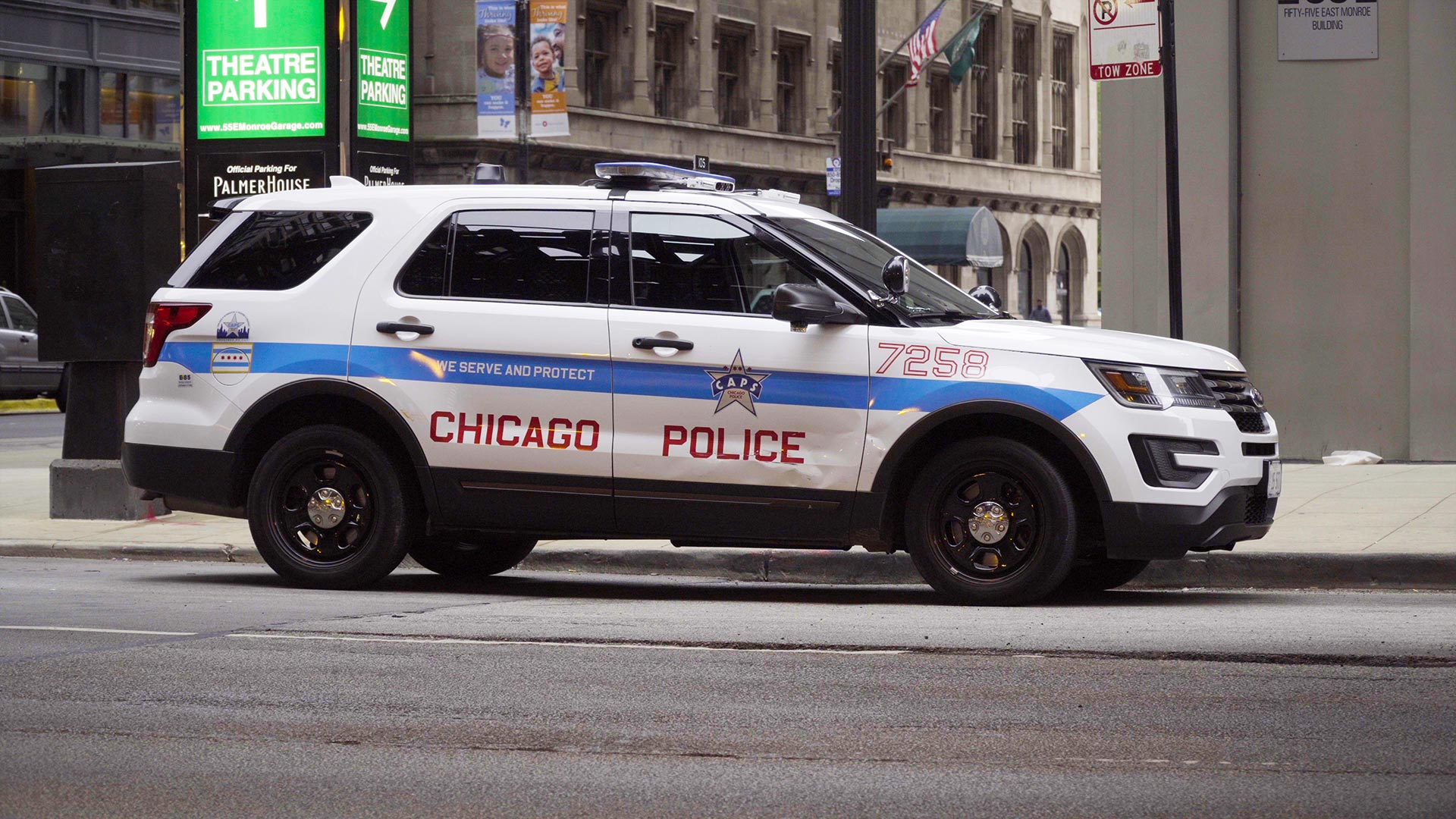
Chicago police officers and neighborhood volunteers have their hands full dealing with an influx of refugees into the city, all without guidance or resources from city and police leaders.
With nearly 9,000 migrants arriving since August (most fleeing nations such as Venezuela and Colombia), officers have been on the front lines, often going above and beyond to help migrants with no clear directives.
Despite the absence of official instructions, police officers have taken it upon themselves to provide aid to families seeking shelter at their stations.
One anonymous South Side officer went out of her way to supply families with essential items like baby formula, children’s clothing and hygiene kits. Additionally, officers have organized meal trains, collected donations and contributed their own funds to support the migrant families.
“I’ve spent well over $300,” the officer said.
Officers in various districts have also assisted with laundry and medical transportation. To ensure easy access to supplies, mini food pantries have been set up in district lobbies, and a mobile shower unit has been brought in for families to use.
These initiatives aim to address the immediate needs of the migrants as they wait for shelter placement. However, officers’ efforts are hindered by the lack of communication and support from the city, causing frustration and challenges in balancing their responsibilities.
“I feel bad for them but there’s not much we can do,” a Northwest Side officer said. “We’re told nothing. We don’t know when the next van will show up.”
The strain on police officers has been further exacerbated by the health and hygiene issues arising from hosting migrants in station facilities for long periods. Reports have surfaced of migrants being sent to hospitals due to fevers, stomach pains and rashes.
“The station is a shelter in an emergency [situation] for maybe a day but we are housing them for multiple days,” the South Side officer said. “When you have 30 people in the station and parents asking questions and kids screaming and crying, there are only so many hours you can dedicate to doing your job.”
Concerns have been raised about bed bug infestations and cases of lice and chicken pox, prompting criticism from John Catanzara, the president of the Chicago Fraternal Order of Police, who deemed it improper to utilize police buildings and resources for housing immigrants.
Alderman Nick Sposato (38th) has spoken to Jefferson Park police about the issue of housing migrants.
“Some are helping and bending over backwards and for others, it’s impossible to do their jobs,” Sposato said.
While some officers go above and beyond to help, others find it impossible to fulfill their duties amid the added workload.
The situation comes at a time when the police department already faces a shortage of officers, with only a fraction of the lost personnel being replaced in recent years.
According to department data, 3,300 officers retired in 2022, with only 1,600 officers hired to replace them.
In addition to the challenges faced by officers, the migrant crisis has sparked anti-immigrant sentiment and deepened divisions politically. While some individuals have expressed hostility towards the migrants, it has also sparked conversations among officers with diverse political views, leading to collaborative efforts to find common ground and address the problem.
Despite their dedication and resourcefulness, officers have received no official communication or guidance from the city or police department. They have been advised not to transport migrants in department vehicles due to liability concerns and to avoid providing over-the-counter medicine to avoid potential repercussions.
The lack of clear directives, inadequate food supplies and expired provisions from the city have left officers and volunteers feeling ill-equipped and unsupported.
“There needs to be a point person for every area [and] watch because there are tons of questions,” the South Side officer lamented. “There needs to be a better supply of food without relying on districts to figure it out. We are flying by the seat of our pants, and it’s been months and months now. I don’t think our city was prepared at all.”
Nevertheless, officers and volunteers have demonstrated extraordinary compassion and resilience.
They have organized food distribution, collaborated with mutual-aid groups, stayed late at work to assist arriving families and even provided monetary assistance for laundry. Their actions highlight the human side of law enforcement and the willingness of individuals to step up and help those in need.
“The humanity of the situation compels people to act,” former alderman and community organizer Tim Noonan said. “Some people don’t take the time to get to know [the migrants] and turn a blind eye but there are police who have been very helpful. This is an opportunity to see the benevolence of other police officers.”
City officials say that efforts to alleviate the crisis are underway, with the city working to establish temporary respite centers and seeking federal support.
Mary May, a spokesperson for the city’s Office of Emergency Management and Communications, said the city is “working around the clock to respond to the growing number of new arrivals we are receiving on a daily basis.”
“One of our top priorities is to decompress the police stations to provide safe spaces for the asylum seekers,” May stated.
The city is also working with community groups and officials to open temporary respite centers, and new Mayor Brandon Johnson is pushing for more federal support.
Alderman Sposato also called for increased federal funding to expedite the shelter and work permit processes, allowing migrants to enter the workforce and contribute to struggling businesses.





